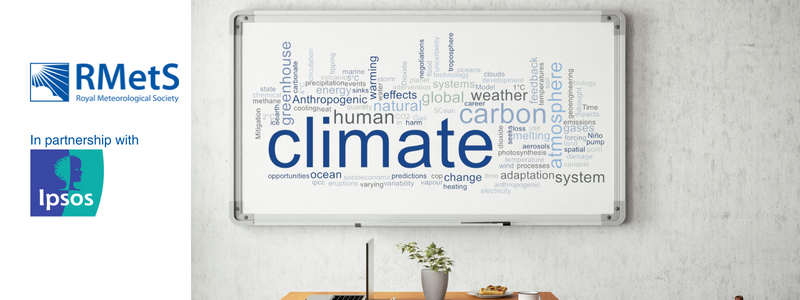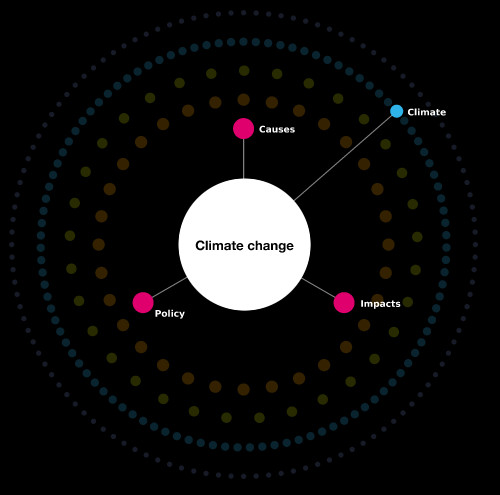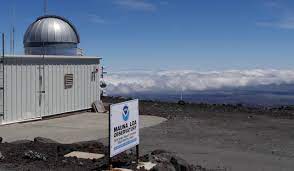Join experts from the worlds of education policy and climate science to explore the findings of a climate literacy survey conducted earlier this year on the Royal Meteorological Society’s behalf by Ipsos MORI as part of their Young Person’s Omnibus survey.
The questions asked in the survey were developed by the Royal Meteorological Society, in conjunction with many of their members, including authors of the Intergovernmental Panel on Climate Change report, to ensure that they give a fair assessment of climate literacy. The questions will remain relevant in years to come as we hope to repeat the survey annually to assess the impact of interventions on climate change education in schools.
The ongoing results of the survey will inform the work of the Royal Meteorological Society, supporting teachers of all subjects to make use of the opportunities within the current curricula and exam specifications to teach climate change.
This free 50-minute virtual event will include an overview of the findings of the survey, panel discussion and Q&A.
The panel will include:
- Prof Andrew Charlton-Perez, Head of School of Mathematical, Physical and Computational Sciences, University of Reading and Professor of Meteorology
- Dr Sylvia Knight, Head of Education, Royal Meteorological Society
- Dr Pippa Bailey, Head of Climate Change and Sustainability Practice, Ipsos MORI
- Carl Ward, Chief Executive, City Learning Trust and Chair of the Foundation for Education Development





